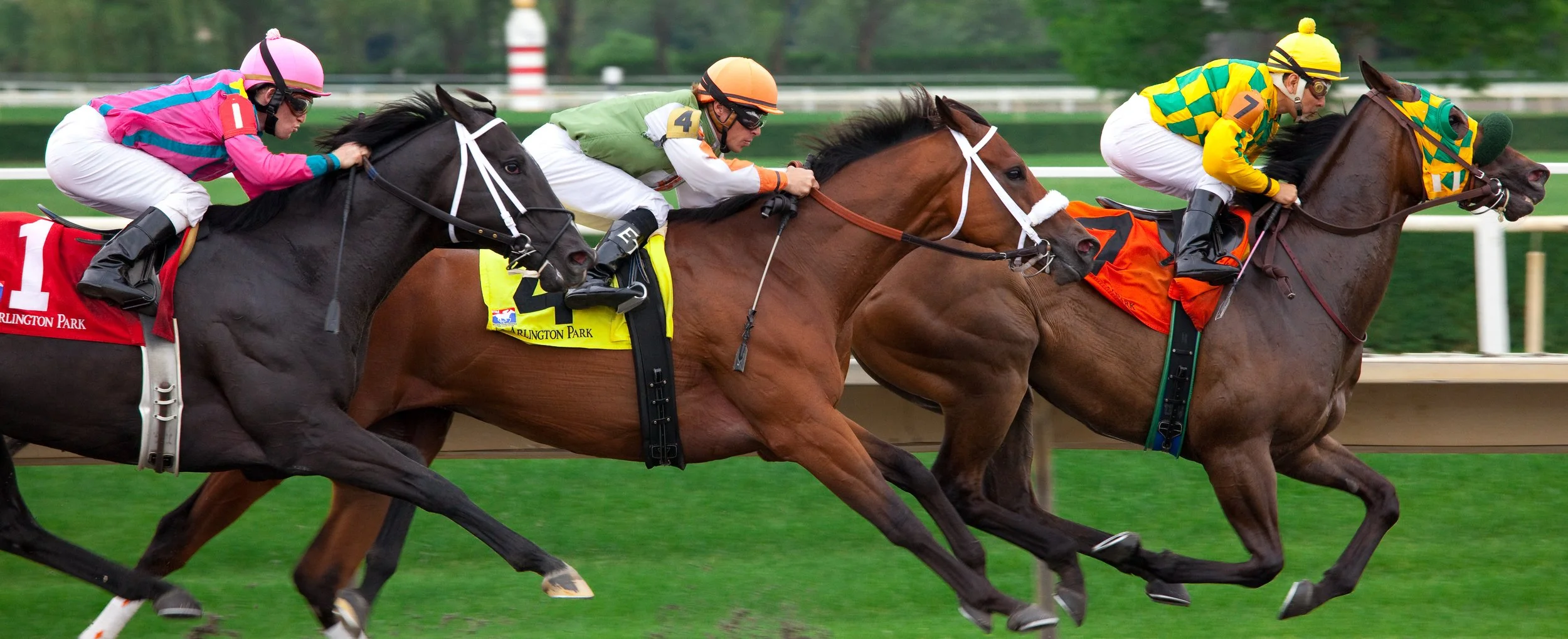 This post was written by staff member Tanner James.
This post was written by staff member Tanner James. Equine ownership plays a fundamental role in Kentucky's economy. Racing, training, breeding, and auctioning—all are decisions made by owners to utilize their horses—their property—for profit. But, what would happen if this paradigm shifted? What would happen if horses were no longer property? What would happen if horse "owners" were, instead, horse "guardians?"
The idea seems outrageous on its face. Horses, like other domesticated animals, have long been understood to be property, subject to their owner's control. This control is generally limited only by anti-cruelty statutes. Currently, in Kentucky, horses are defined as "livestock" and may be owned and/or leased. Ky. Rev. Stat. Ann. § 257.010(9) (a) (2009). However, some believe that the idea of horses becoming something more than just property is not only feasible, but also forthcoming.
In Defense of Animals (IDA), a non-profit organization based in San Rafael, California, has established The Guardian Campaign in an effort to change statutory language referring to animal "owners." Embrace Guardianship, The Guardian Campaign, http://www.guardiancampaign.com/promise.html (last visited Oct. 22, 2009). The proposed language would replace "owner" with "guardian," in an effort to "[promote] a more compassionate relationship between person and animal" and to "elevate a community's consciousness and way of thinking about non-human animals." Id. According to the IDA website, Boulder, Beverly Hills, and St. Louis are among several cities that have already adopted this change. Do You Live in a Guardian Community?, The Guardian Campaign, http://www.guardiancampaign.com/guardiancity.html (last visited Oct. 22, 2009). While IDA concedes that the change in terminology does not impact legal standing at this point in time, they imply (or hope) that the semantic change may inspire an attitudinal shift among people and potentially have legal significance in the future.
Some critics have taken notice of this implication and have expressed concerns. Kansas attorney Gregory M. Dennis, JD, notes that "'[o]wnership' and 'guardianship' are two distinct legal terms," and warns that if legal significance were assigned to the proposed-language change, there would be grave consequences. Gregory M. Dennis, Commentary: Animal Guardianship and Horses, http://www.thehorse.com/ViewArticle.aspx?ID=15021 (last visited Oct. 22, 2009).
First and foremost, one would "always have to act in the horse's best interest." Id. Additionally, a guardian, as opposed to an owner, would no longer be able to sell his or her horse because the horse would not be his or her property. Id. Financial consequences would also arise, potentially affecting insurance policies and tax benefits that are "predicated upon horses being property and assets belonging to their owners." Id.
How much of a threat is this terminology modification, though? Is there any indication that states will be making this shift any time soon? Not really. In fact, only one state has adopted the "guardian" language for animal owners. Rhode Island does, indeed, utilize the term "guardian" in its General Laws; however, the usage is purely semantic, and is the statute clarifies that a "guardian" has the "same rights and responsibilities of an owner," and that "both terms shall be used interchangeably." R.I. Gen. Laws § 4-1-1(a) (4) (2009).
Upon first learning about IDA's campaign, it is quite easy to be taken aback by the litany of potential consequences of such a change in legal designation. But one must temper those concerns with the current reality: after nearly a decade of advocating for this change, only a handful of cities and one state have jumped aboard; and, even they have only made a semantic change to their statutes. It is safe to assume that Kentucky (and the rest of the nation) will be slow to make this change, if they ever do.
Horse-owners, breathe a sigh a relief.





